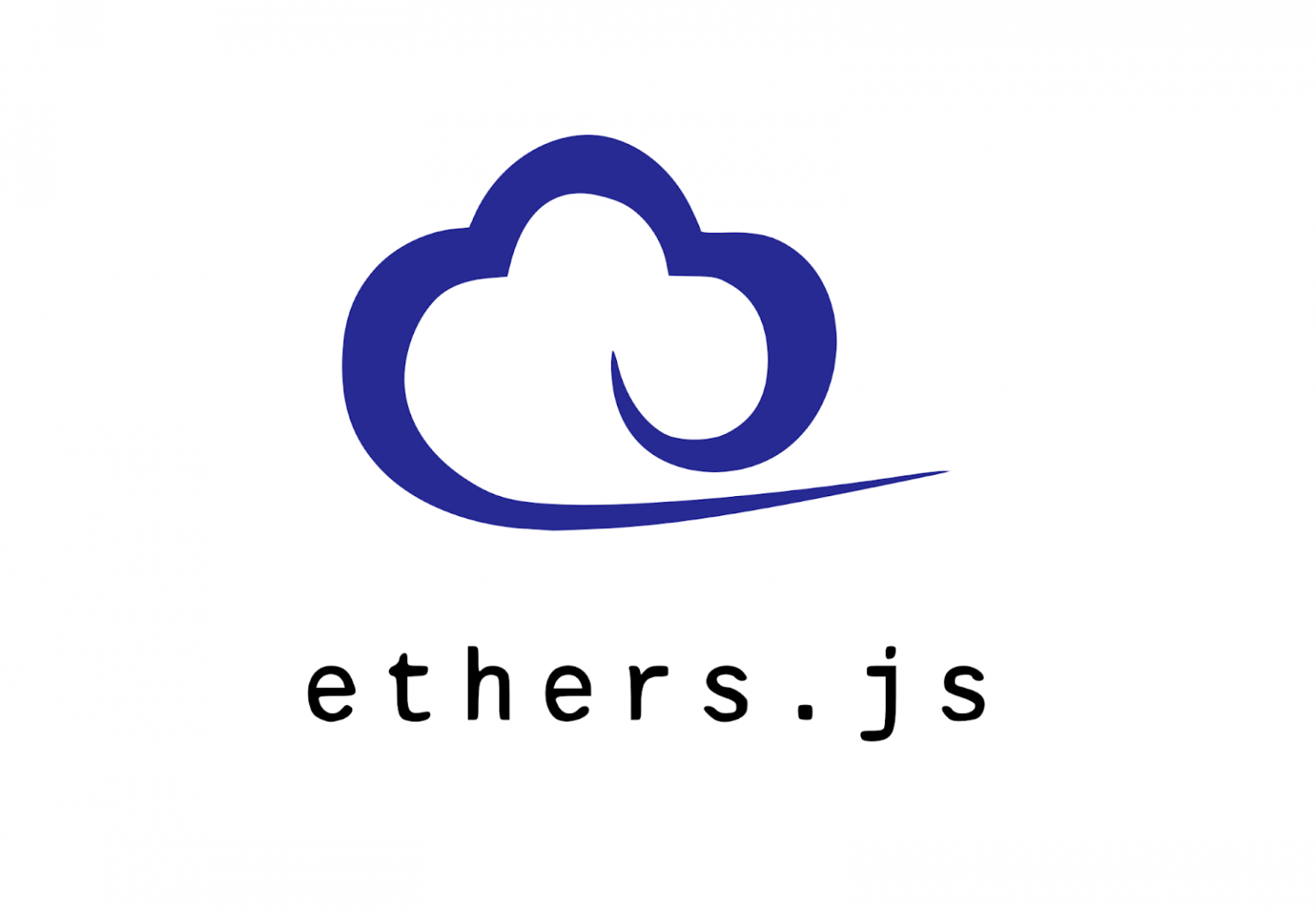Embrace greater speed, security, and transparency in transactions
Trade financing, which involves financial institutions to provide credit facilities to guarantee exchange of goods, pivots around an archaic process that has not undergone much change with the expansion of global trade flows.
Moreover, the existing trade finance paradigm is beset with multi-dimensional challenges such as complicated processes and imposition of various regulations with geographical scope. The involvement of multiple external parties across jurisdictions complicates international trade, thereby making the entire process expensive and time consuming.
All these pain points emphasize the need for blockchain in trade finance.
Eliminate all these challenges by embracing blockchain solutions for trade finance.
Connect with our experts to share your business needs.
Numbers speak louder than words! Here is what makes us a trusted name for blockchain game development.

























Integrating blockchain into game development offers several advantages:
True Ownership of In-Game Assets: Blockchain allows players to have true ownership and control over their in-game assets.
Enhanced Player Engagement: Blockchain games often introduce unique gameplay mechanics and economic models that incentivize and reward players.
Decentralized and Transparent Economy: Smart contracts and blockchain technology enable secure and trustless transactions, eliminating the need for intermediaries.
Anti-Cheating and Fraud Prevention: Blockchain's immutability and decentralized nature can help combat cheating and fraud in games.
Innovative Funding Models: Through Initial Coin Offerings (ICOs) or token sales, businesses can directly raise funds from the community, reducing reliance on traditional funding sources.